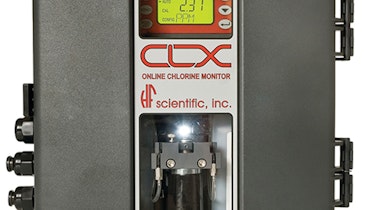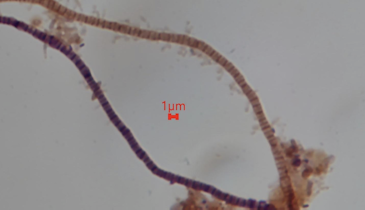React to variable chlorine demand with a new system from Hach.
Instability in the wastewater disinfection process is frustrating and can lead to potential effluent violations, not to mention significant time and effort wasted on monitoring and manual chemical dosing adjustments. Hach's new Chlorination/Dechlorination process management module (RTC-C/DC) provides real-time visibility and understanding of your disinfection process, as well as consistency in your water quality results. The RTC-C/DC module automatically maintains defined setpoints and responds to actual process conditions in real-time to help meet your compliance targets. This solution optimizes dosing of chlorination and dechlorination chemistry as needed and provides visibility into historical trends, process fluctuation, and trend of dosing requirements. Listen in as two disinfection management professionals discuss proactively managing Chlorination and Dechlorination, including demonstrating this new software designed to tackle the most common challenges for disinfection management processes.
Presenters:
• Bob Dabkowski, Application Development Manager, Hach
In the past 22+ years, Bob has personally consulted with hundreds of treatment facilities across the globe on process analysis and control. As a licensed Wastewater Operator in the state of Colorado, as well as a member of WEF’s Intelligent Water Technology Committee, Bob is respected throughout the industry as a transformative leader in process optimization.
• Dave Rutowski, Application Development Manager, Hach
With a degree and deep experience in Chemistry, including certification from the American Chemical Society, Dave has been leading efforts to optimize and automate water operations for over 11 years. His experience and customer-centric approach has helped countless facilities transition to more efficient and consistent water treatment processes.





